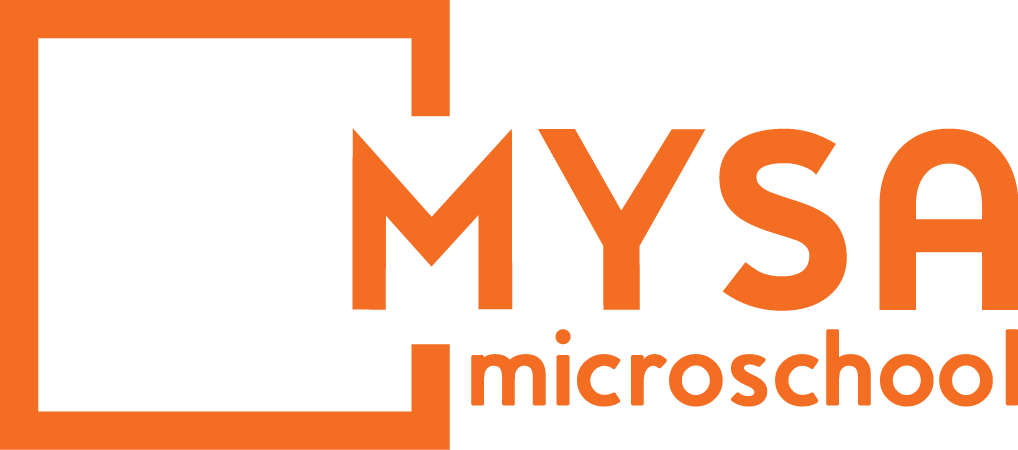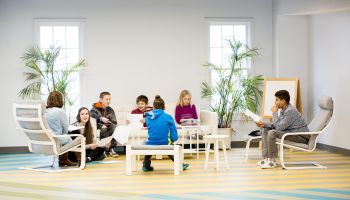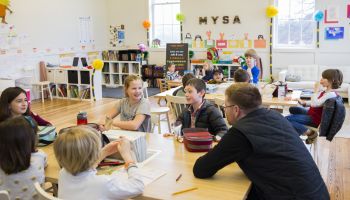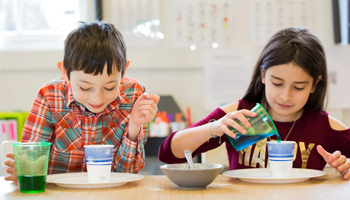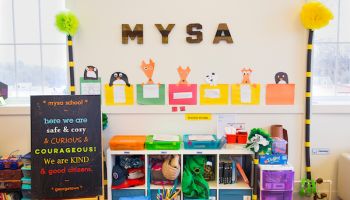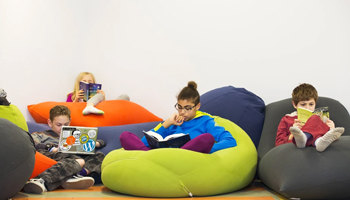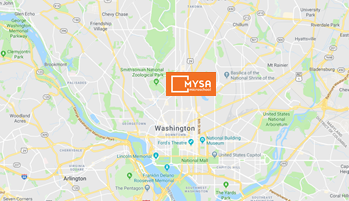- Home
- About
What is MYSA
MYSA School is a transformative model of K-8 education combining the best of individualized, mastery-based, and experiential learning.
Team
It takes a special kind of educator to re-envision curriculum and practice.
DC Campus
Mysa School is dedicated to creating a new model of schooling that is characterized by customization, collaboration, and curiosity.
- Education
- How We Teach
The keystone of the MYSA model is the weekly menu, through which students receive a personalized learning experience. Are you curious?
- What We Teach
We combine various national academic benchmarks, interdisciplinary studies, and experiential education to create a holistic student experience.
- Who We Teach & FAQs
- How We Teach
- News
- Student News and Opinions
MYSA students created these updates to highlight things they’ve been excited about at school.
Teacher News and Opinions
Updates from our teachers about MYSA, education trends and the inner workings of disrupting education for bold 21st century learners, pioneers.
MYSA in the News
- Student News and Opinions
- Inquire
